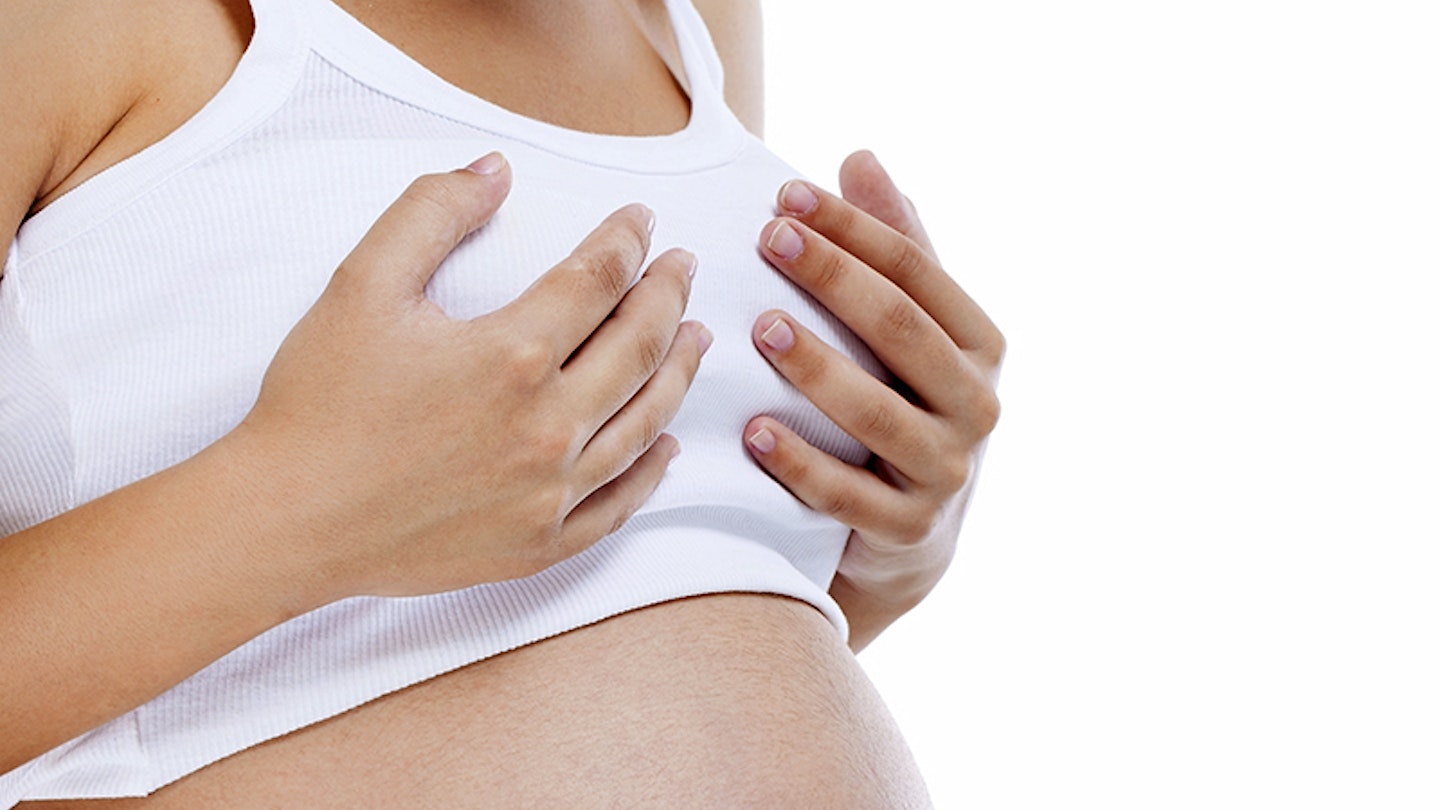One of the amazing things about pregnancy is how your body gears up from the word go. Even when it is too early to take a test and long before the world can see your bump, your breasts are changing - and probably becoming more sensitive or sore.
Senior midwifery lecturer, Sian McLaughlin, gives us the low down on sore breasts during pregnancy - from when they occur, what causes it and what you can do to soothe them.
When do you get tender breasts in pregnancy?
As well as breast pain being a sign of ovulation, sore and tender breasts are often one of the first symptoms women notice during pregnancy. ‘Breast tenderness is not a reliable sign of pregnancy, but it’s one that women often pick up on,’ says Sian McLaughlin.
This is because breasts can become tender or sore very early in the first trimester. ‘At around the six-week stage your breasts will start to feel fuller or more sensitive. The first thing you notice may be tenderness or tingling, or perhaps a strange sensation of pins and needles – all signs of preparation for breastfeeding,’ says Sian.
What causes your breasts to become tender during pregnancy?
Well, it seems that those hard-working pregnancy hormones can’t wait to start adapting your breasts for their new role.
‘Even though breastfeeding is still some months away, your body starts getting ready from the minute you conceive your baby,’ explains Sian. ‘Pregnancy hormones kick-start everything in preparation for the milk production, encouraging fat to be laid down and milk ducts to grow, while extra blood diverted to the area can swell the mammary tissue in readiness for the important job ahead.’
As well as getting bigger, your breasts might start to feel a bit bumpy to the touch. ‘This is largely because of the development of the internal milk-producing ducts and lobes,’ says Sian. ‘You may also notice that your nipples get bigger and the pigmented area around them – the areola – darkens to help your newborn baby find his way to your milk.’
While it can be a bit awkward, most women aren’t too troubled by having breast tenderness in these first weeks – in fact, it can even be welcomed, says Sian. ‘It’s often seen as a positive sign, a physical manifestation of the pregnancy,’ she points out. ‘There’s rarely any reason to be worried about it, although it’s worth seeing your doctor or midwife if you notice any secretions from your nipples during early pregnancy.’
What happens with your breasts later in pregnancy?
Once the initial hormonal surge settles, breast growth usually steadies during the second trimester. But your breasts can still feel heavy and tender, as they can enlarge by around 5cm in size and 1.4kg in weight throughout pregnancy.
The changes pick up again before birth. ‘In the last few weeks, breasts get ready for lactation, so don’t be surprised if you see a little colostrum (a thick, yellowish liquid) at this stage,’ says Sian. ‘A further increase in blood supply can sometimes create a map of bluish veins under the skin – again, this is a completely normal sign of the changes taking place in the breasts and nothing to be concerned about.’
When you consider the many clever processes that take place inside your breasts between conception and birth, it’s easier to understand the fact that they feel achy or tingly. ‘Breast tenderness can be significant for some women, while others barely notice the changes,’ says Sian.
‘Whether it’s persistent, or comes and goes as your pregnancy progresses, it’s usually nothing more than a reassuring sign that your body is getting ready and preparing itself for your baby’s arrival.’
Related: When to buy a maternity bra
How long after pregnancy will breast tenderness last?
The pain will eventually go away on its own, once you've fed your baby or once your body has determined how much milk needs to be made. Any pain experienced during feeding your baby will also eventually go away on its own. However, if you do experience the pain being persistent you can contact your doctor.
9 ways to soothe tender boobs in pregnancy:
How to soothe sore or tender breasts during pregnancy
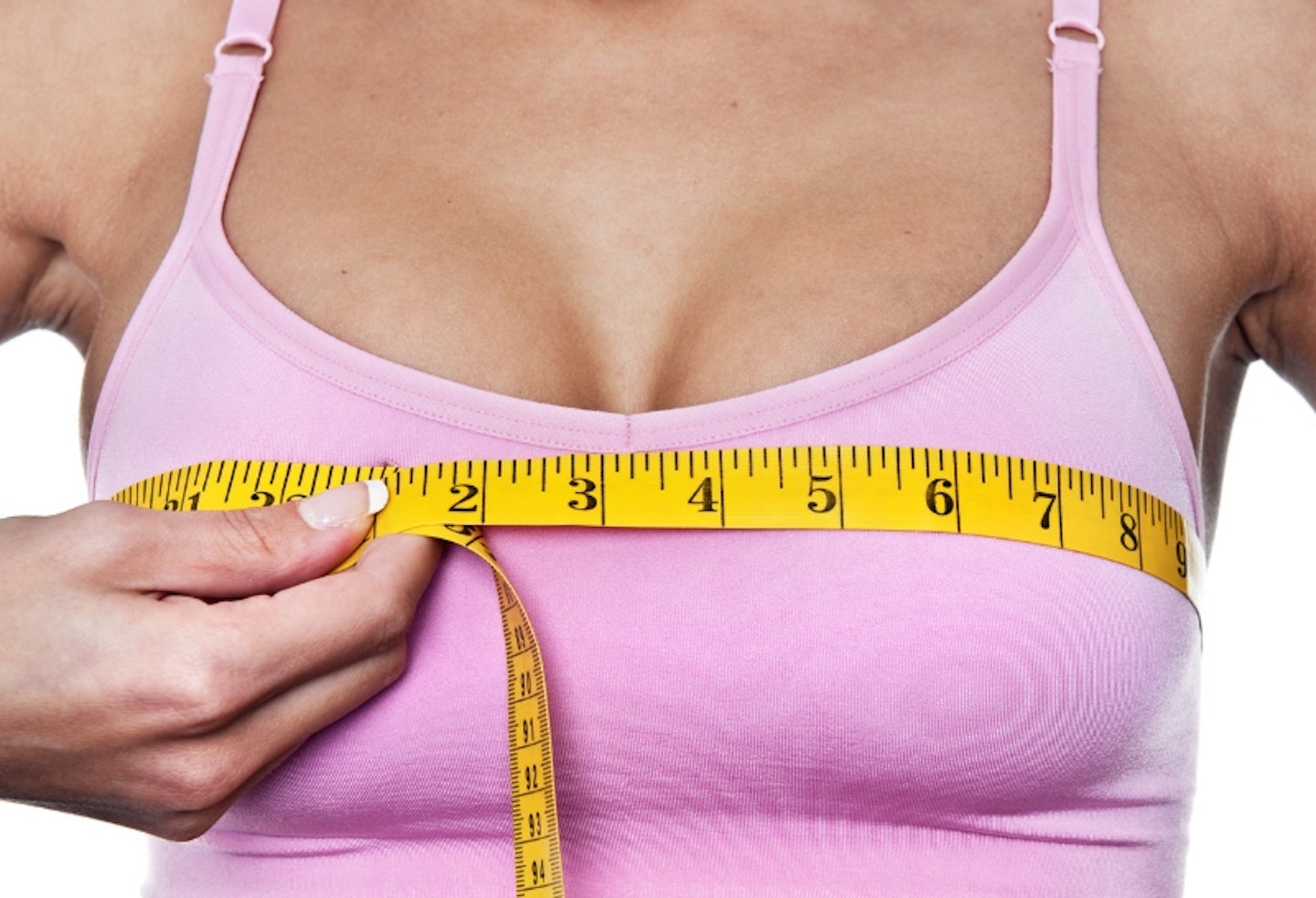 1 of 9
1 of 91) Wear a supportive bra
If your breasts do feel uncomfortably tender, then a well-fitted bra will help. Your breasts will keep changing throughout pregnancy, so a bra that fits well now may not stay that way. If your breasts become uncomfortable again, get the fit of your bra checked.
High-street stores such as Anne Summers, M&S, John Lewis and Debenhams offer fitting advice. You can also contact your local NCT to see if there is a trained bra-fitter in your area.
 2 of 9
2 of 92) Try a new bra
Caring for your breasts will make your sensitive boobs feel more comfortable now and help them bounce back into shape later on. There are lots of maternity bras available, but any supportive bra that will accommodate your increasing cup size will be fine. You ideally need an adjustable bra with good support, wide showers straps and room for expansion around the underband.
It’s often said that you shouldn’t wear wired bras when pregnant, but there’s no evidence to support claims that wiring can cause blocked milk ducts. The important thing is that your bra fits well.
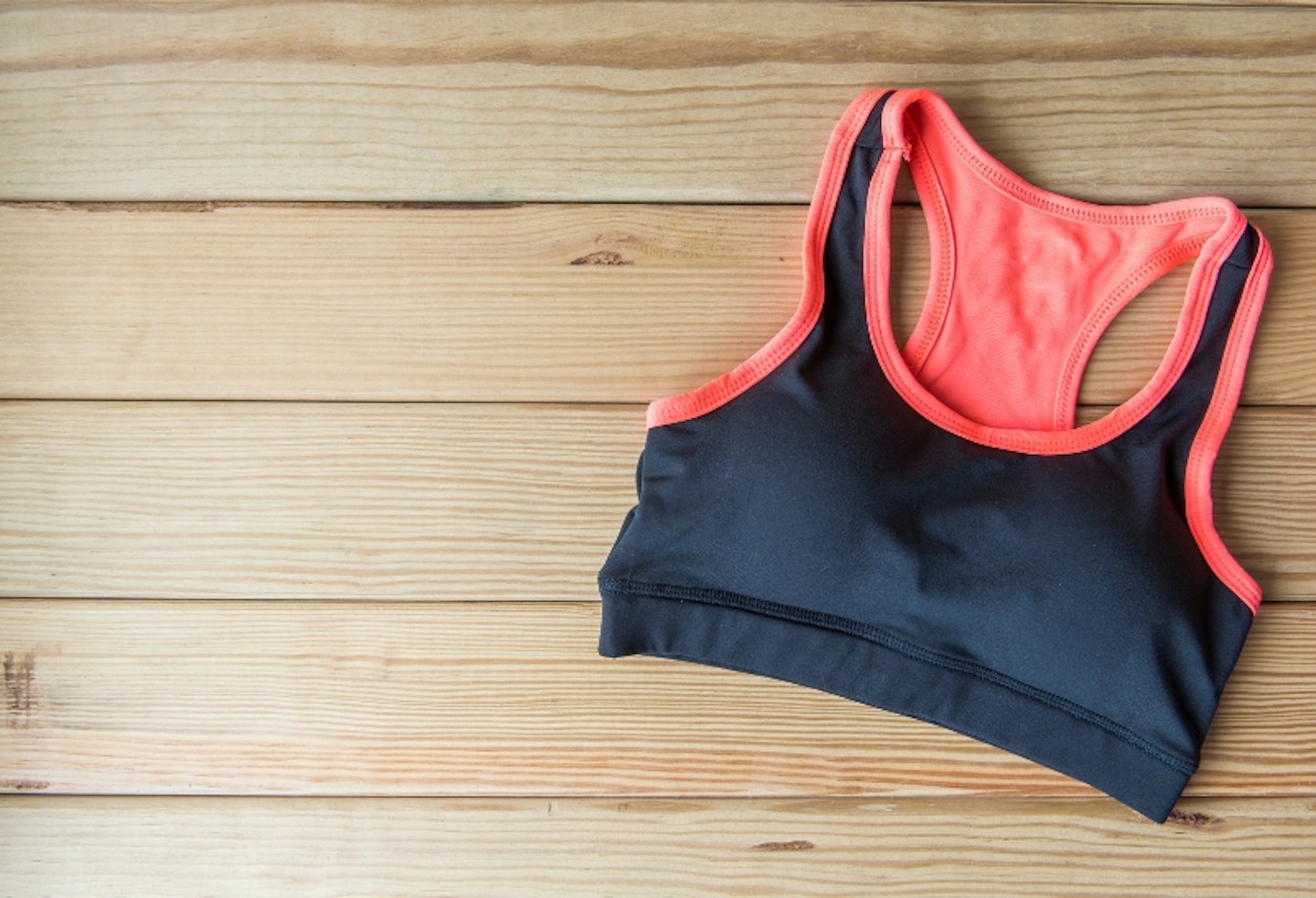 3 of 9
3 of 93) Wear a sports bras
Sports bras are designed to limit your breast's movement and hold your breasts close to the chest. Movement could exacerbate soreness so if you can stop them from bouncing or moving when you move might bring your relief.
 4 of 9
4 of 94) Sleep bras
Tender breasts can be particularly uncomfortable at night, and a non-wired bra might help you get more sleep. Sleeping in a bra will also minimize movement and could stop tender nipples being irritated by bedding or your nightwear.
There are bras specifically designed for sleeping in but just remember that lace or synthetic materials can irritate sensitive skin, while prominent seams can chafe. A soft, cotton bra that supports your growing bust is best.
 5 of 9
5 of 95) Minimize contact
If your breasts are sore, you are probably already trying to avoid your nipples touching any material unnecessarily. Things such as your clothes, seat belts or cross-body bags could irritate your nipples further. Try changing to softer fabrics, adjusting seat belts or changing to a different style of bag if you are experiencing irritation.
 6 of 9
6 of 96) Discuss sex
Minimising contact if you are suffering also counts for sex. If you are finding having your breasts touched during sex uncomfortable, be open and discuss it. Your partner will not want to hurt you but they may not realized so you need to let your partner know how you are feeling to prevent you from being in pain.
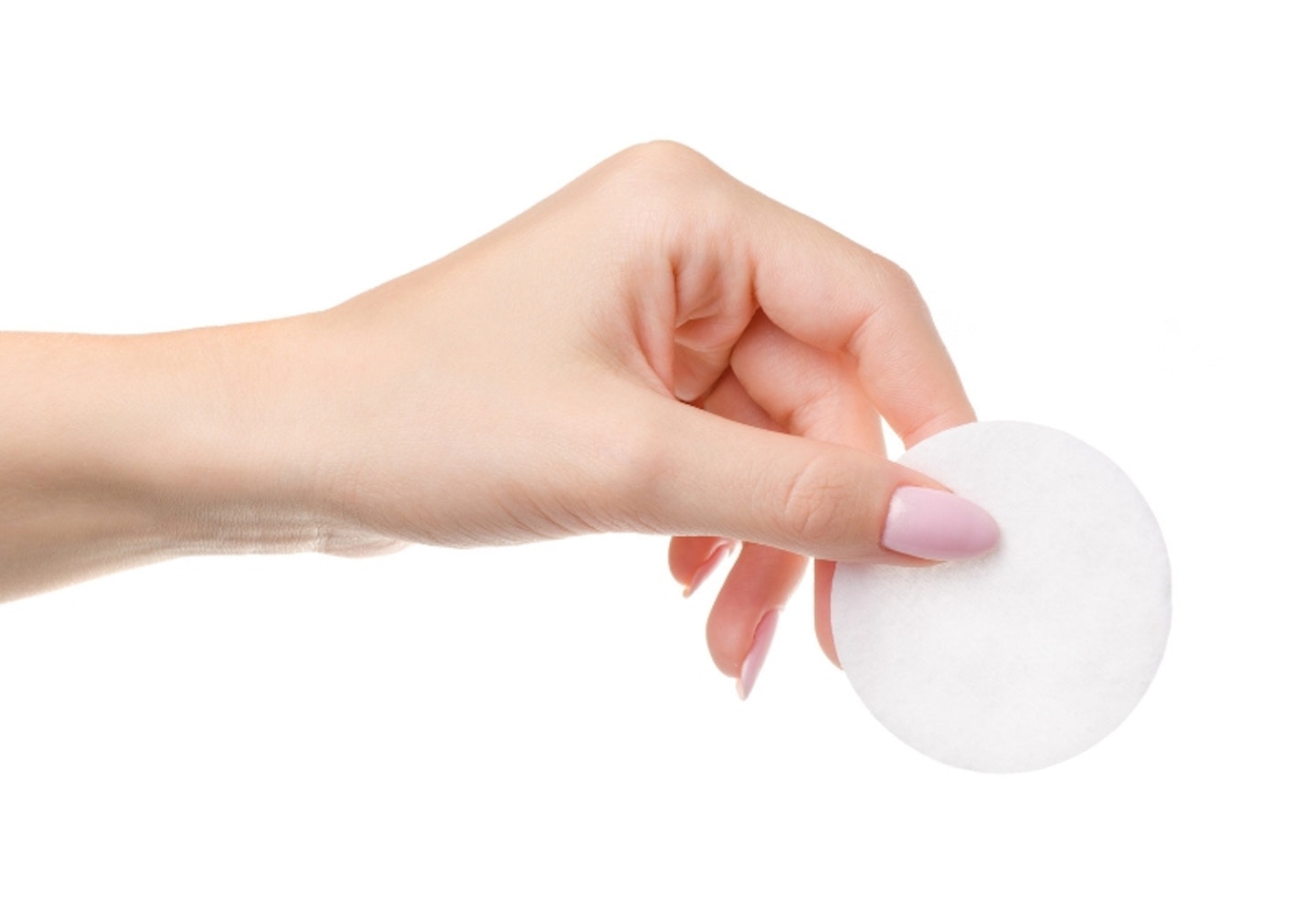 7 of 9
7 of 97) Try using breast pads
If you've already had a baby and breastfed, you'll probably be familiar with breast pads. Breast pads will shield the nipple are usually made from soft, washable material so you can reuse them. Some breast pads also contain soothing or cooling gels.
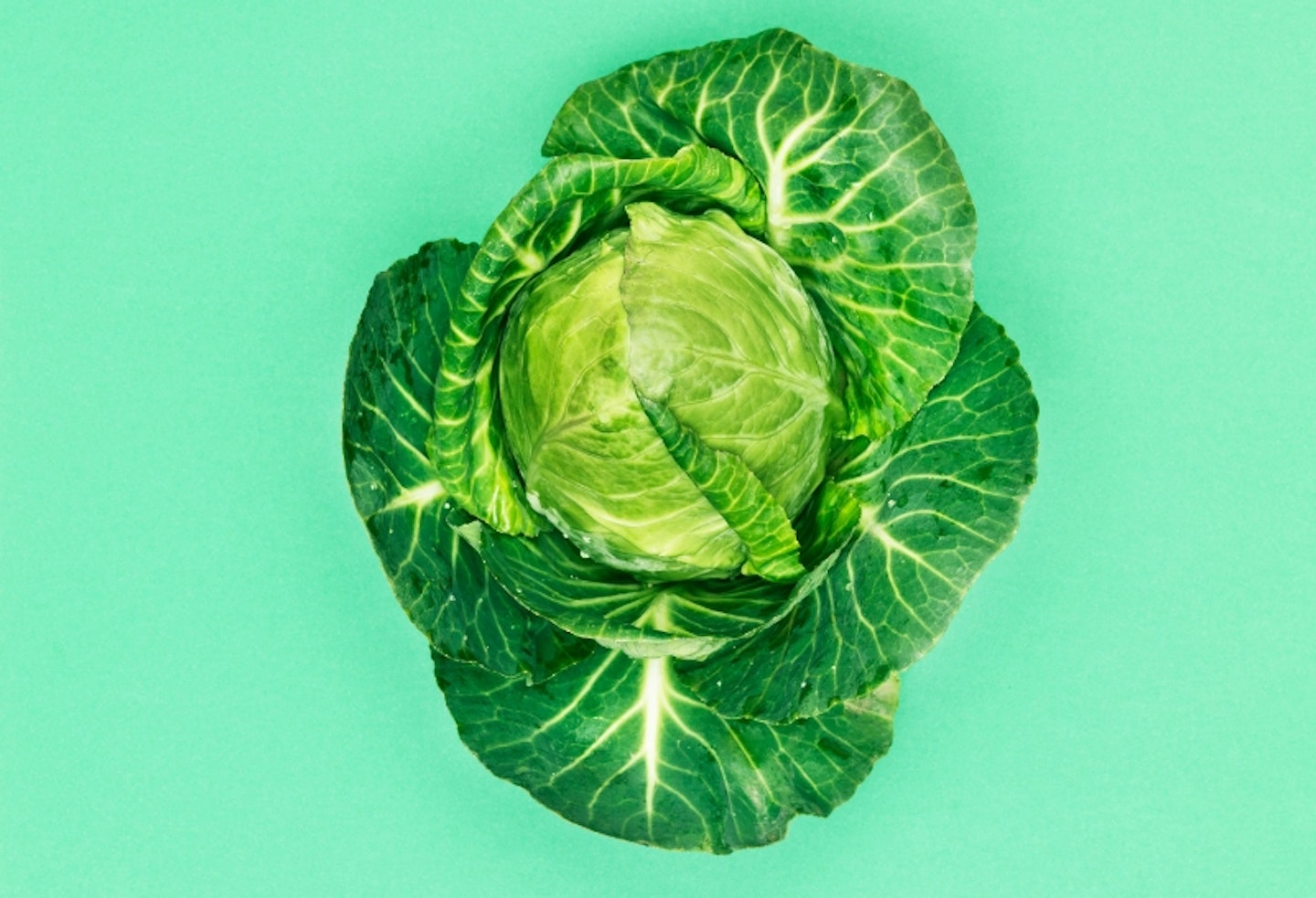 8 of 9
8 of 98) Soothe
A warm flannel held to your breasts can bring instant relief. Warm compresses can increase circulation which can reduce swelling and tenderness. You may prefer a cooling sensation so you can use a cold compress or try rinsing cabbage leaves and leaving them in the fridge to chill before popping them in your bra.
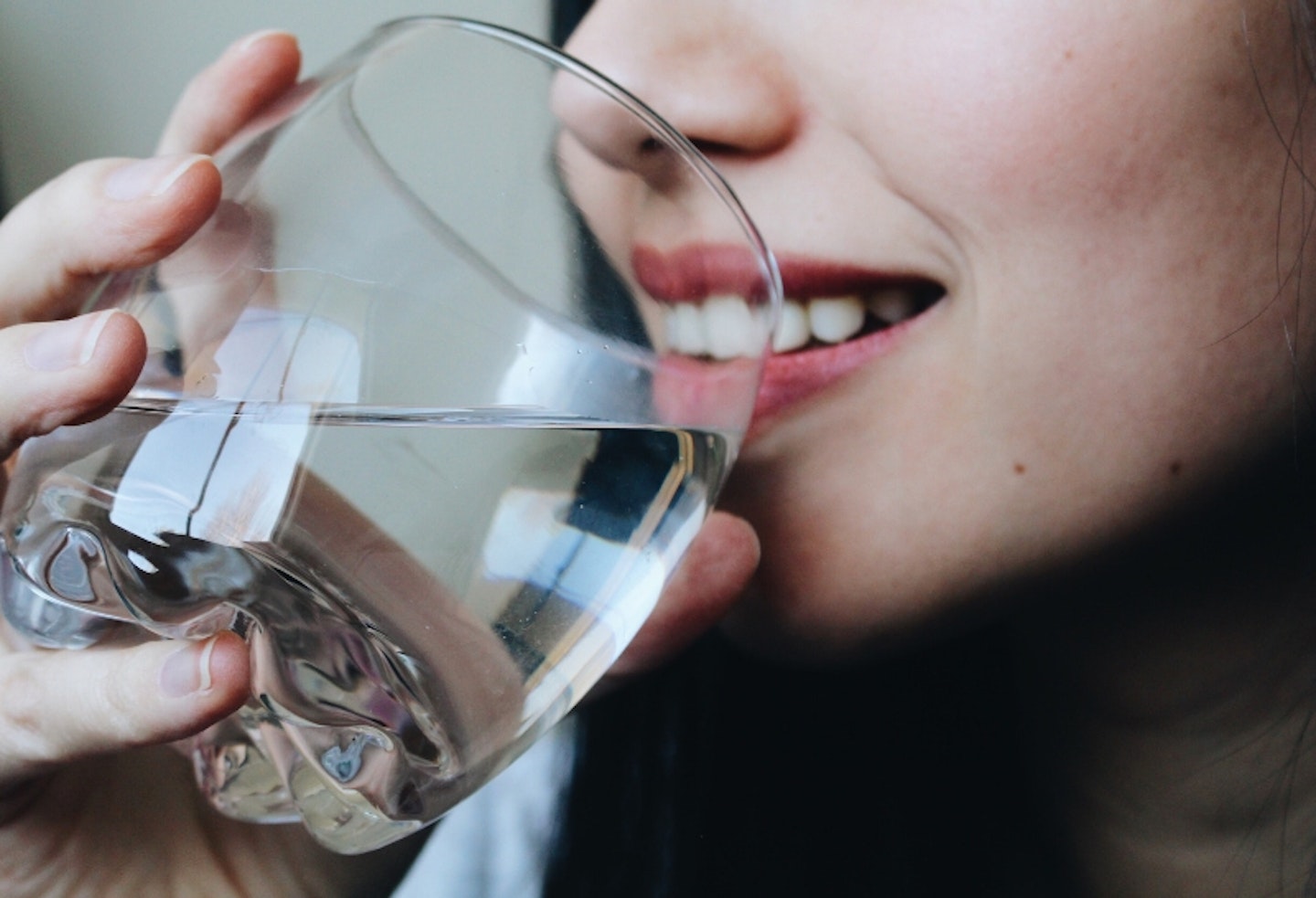 9 of 9
9 of 98) Drink water
Staying hydrated and drinking the right amount of water has an amazing impact on the body for so many reasons. Water retention can make sore breasts worse so make sure to drink throughout the day. The NHS general guidelines and their Eatwell Guide recommend 6-8 glasses of water a day.
